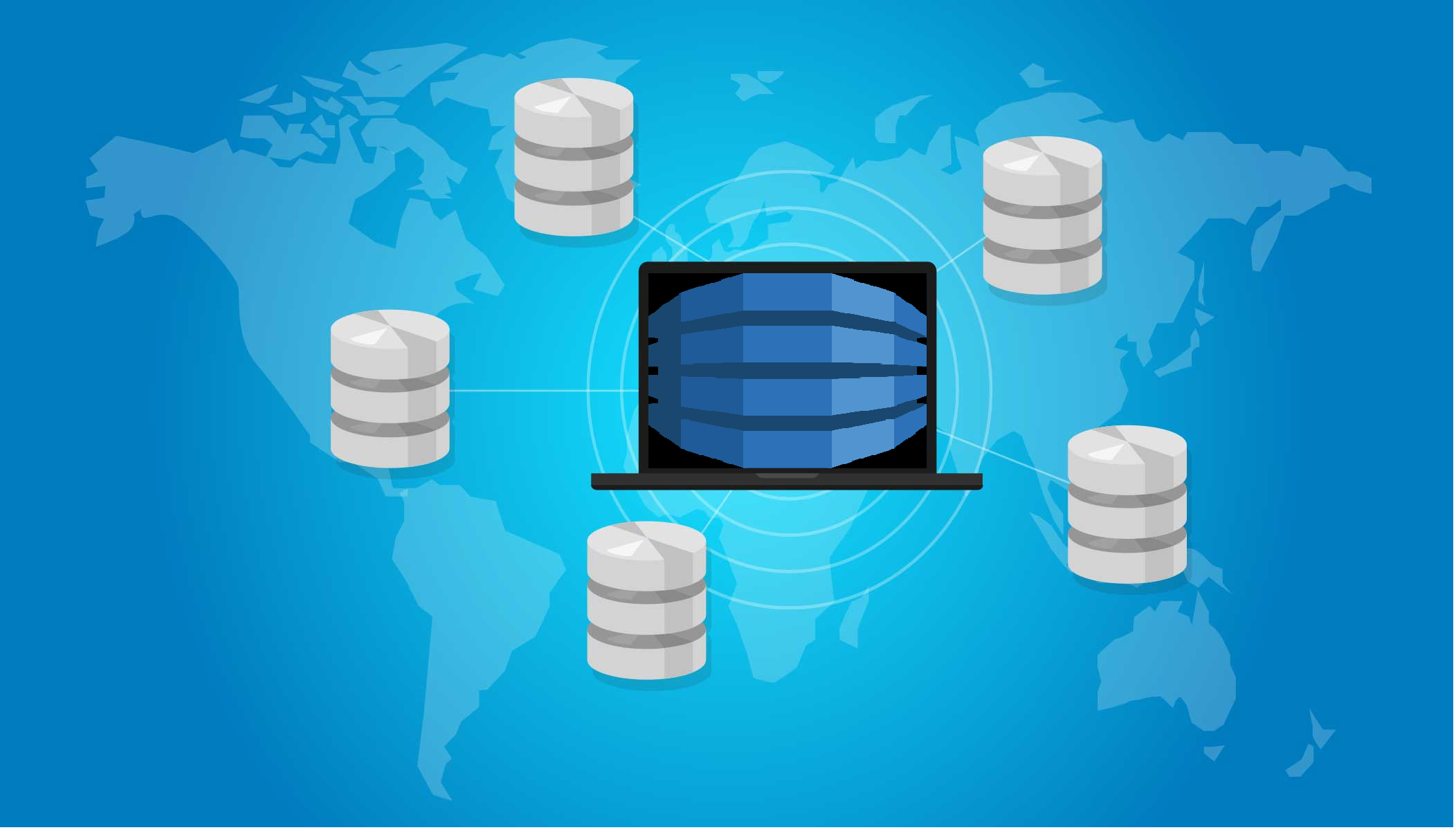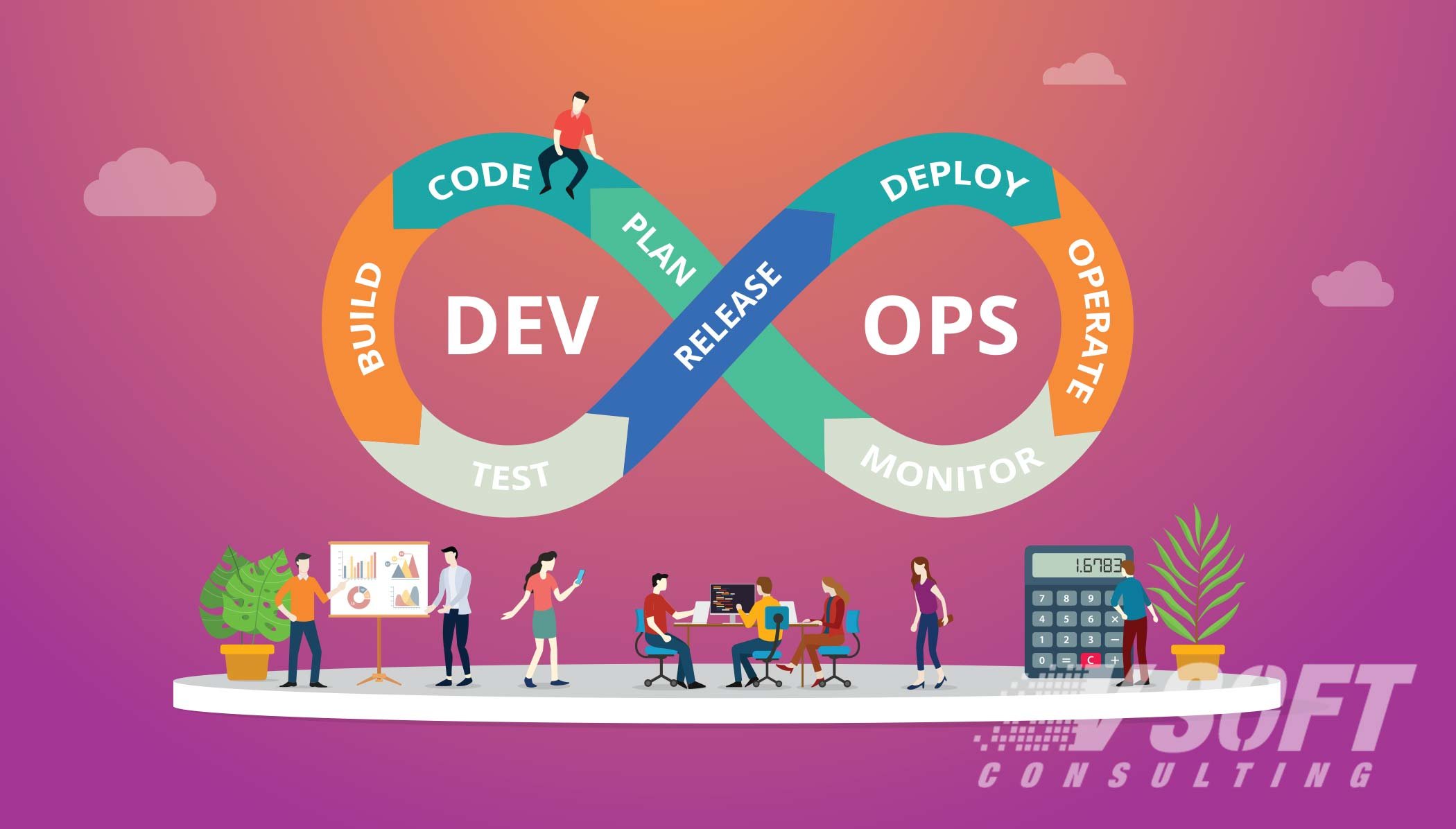AWS cloud framework helps businesses scale up agility and efficiency with robust solutions at optimal costs, reducing the investment, installation, and management of hardware resources. This is why AWS has clients across 190 countries. The AWS cloud framework comes with processes to determine what abilities businesses need to modernize legacy processes and how to alter existing methods and introduce new ones. Here we highlight AWS services that are differentiators in the cloud technology space.
Scalable In-House Database with AWS DynamoDB

AWS DynamoDB is a highly scalable, in-house built and fully managed NoSQL database service offered by Amazon. DynamoDB can scale to support 10 trillion requests per day and can take more than 20 million requests/second. AWS DynamoDB supports Java, JavaScript, Swift, Node.js, .NET, PHP and Python.
In the case of AWS DynamoDB, SSDs are used to store data and by default data is replicated across the availability zones. One can utilize global tables to automatically sync the data updates across DynamoDB tables in several AWS regions. This way, DynamoDB enables businesses to have better scalability, security, consistency, and performance in data storage, retrieval and distribution. This feature allows DynamoDB to store and retrieve any amount of data from any region and can support request traffic of any frequency. Users are provided with easy-to-use APIs to get access to advanced query patterns or crypto libraries.
AWS DynamoDB is serverless which means businesses don't have to manage servers or fix patches. With the serverless approach, DynamoDB scales the distributed databases automatically and gets rid of the operational overload and efforts in securing sensitive data.
The most promising aspect of serverless computing is “configure and deploy” approach to building solutions. Being serverless, AWS DynamoDB allows one to configure the development process according to business needs. One can also upload personalized code and execute the code when needed without developers having to worry about the complexities of the entire process. AWS Serverless compatibility can auto-scale resources or operational capacities dynamically, without having to pay for what you're not using.
AWS DevOps Support Ecosystem

The digital transformation journey isn't complete once you have new technology in place. Digital Transformation is all about strategy. Business agility stands at the core of a successful digital transformation which means DevOps Is critical for successful digital transformation.
AWS says DevOps “...primarily focuses on improved collaboration, communication, and integration between software development and IT operations.” The AWS hybrid cloud platform is powered by AI and ML capabilities and comes with a unique set of solutions and services that are completely run and managed by AWS. The AWS DevOps model provides a multi-tenant strategy to ensure services are on a secured and secluded space for clients.
Figure: Simplified DevOps model
With AWS, business don't have to worry about how to maintain the services or essential infrastructure and instead focus on innovation and business logic. In short, AWS DevOps capacities facilitate its clients with complete solutions that are run and managed by AWS. Strong APIs enable user applications to easily integrate with innovative AWS services like AI and machine learning to develop intelligent business applications or add intelligence into applications.
To let users easily develop and deploy applications, AWS offers AWS Lambda, a server-less computing service that lets developers run code in a standard runtime environment without worrying about server handling or supervision.
Through services like Amazon CloudWatch, businesses can complete application and infrastructure management in real-time. Integrating with analytics solutions like Amazon Kinesis, lets users to get real-time analytics on the vast software service management data (logs, access logs, and so on).
Benefits of the AWS DevOps support ecosystem:
- Continuous Integration (CI)
- Continuous Delivery (CD)
- Microservices
- Infrastructure as Code
- Monitoring and Logging
- Communication and Collaboration
- Instantaneous results with rapid prototyping
- Lower costs in the application development ecosystem
Faster Data Transfer with Snowball

Migrating data is crucial task for most businesses. Data migrations or transfers back and forth to the cloud is one of the most frequently actions for a business. The complexity in data transfer increases with data size and is somewhere around tera or pica bytes the data transfer time is very high. To transfer data, businesses usually have to work with additional hardware and coding efforts or use third-party applications, which costs time and money. To make sure safe, secure and faster data transfers AWS launched Snowball physical device that will he will be shipped to location to conduct direct data transfers.

















